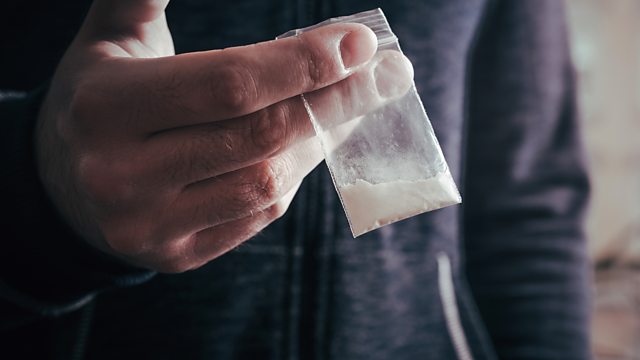Portugal, drugs and decriminalisation
In 2001 Portugal decriminalised personal drug use, offering support and treatment instead of a criminal record – the strategy worked and drug use fell.
In the 1990s Portugal had a major heroin problem, and when it came to people injecting drugs it had one of the highest rates of HIV infection in the EU. It took a radical approach and decriminalised all personal drug use.
The law introduced in 2001 means people carrying drugs for personal consumption aren’t prosecuted - instead they are referred to health and social services to receive treatment, and the focus is on harm reduction.
And the strategy worked. The number of people using drugs fell dramatically, new HIV and Hepatitis C infections dropped and drug-related crime became much less of a problem.
So why haven’t more countries followed their lead and adopted this model?
Produced by Hannah McNeish for 91�ȱ� World Service
(Photo Credit: Getty Images)
Last on
Broadcasts
- Tue 18 Jun 2019 02:06GMT91�ȱ� World Service Online, Europe and the Middle East & West and Central Africa only
- Tue 18 Jun 2019 03:06GMT91�ȱ� World Service UK DAB/Freeview
- Tue 18 Jun 2019 05:06GMT91�ȱ� World Service Australasia, Americas and the Caribbean & South Asia only
- Tue 18 Jun 2019 06:06GMT91�ȱ� World Service East and Southern Africa & East Asia only
- Tue 18 Jun 2019 13:06GMT91�ȱ� World Service Australasia
- Tue 18 Jun 2019 14:06GMT91�ȱ� World Service except Australasia
- Tue 18 Jun 2019 17:06GMT91�ȱ� World Service South Asia
- Tue 18 Jun 2019 19:06GMT91�ȱ� World Service except East and Southern Africa, South Asia & West and Central Africa
- Sun 23 Jun 2019 23:06GMT91�ȱ� World Service
People fixing the world on YouTube
Watch stories of people changing their world on the World Service English YouTube channel

